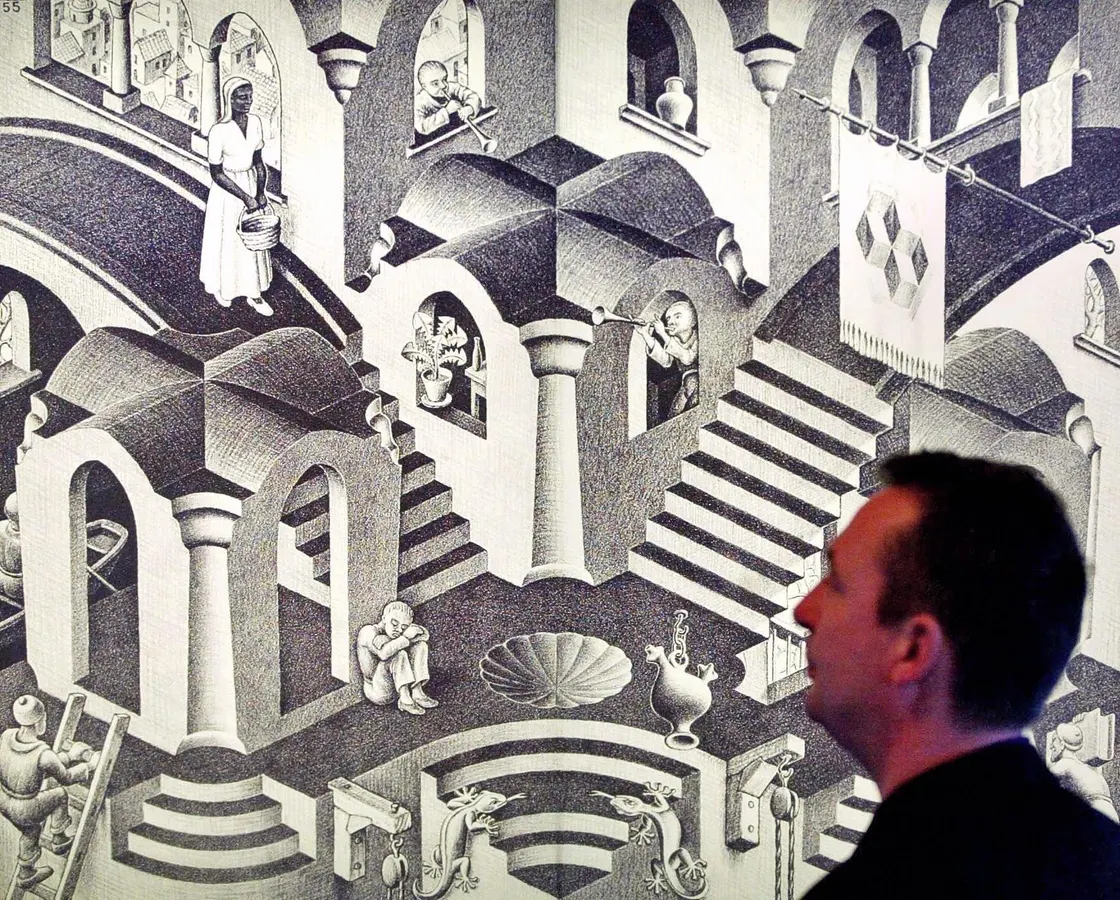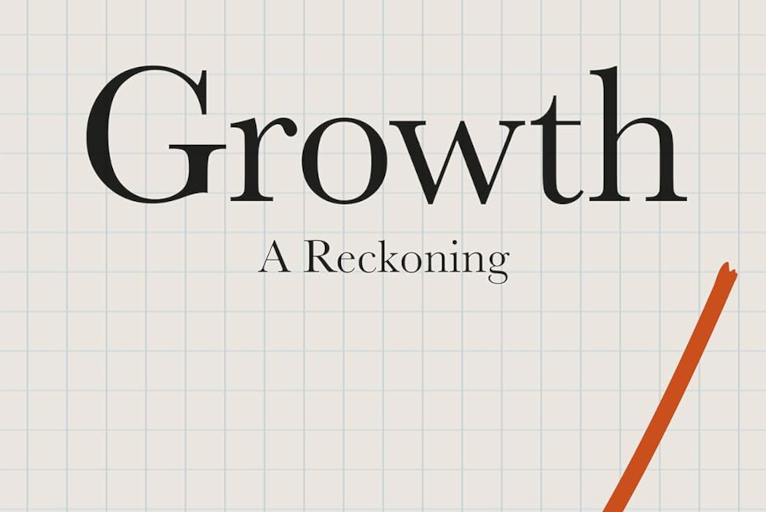Copyright Forbes

Paradoxes are largely misunderstood, often hidden in plain sight. When we encounter a paradox, be it in logic and mathematics with Kurt Gödel, in art with M.C. Escher, or in politics with just about everyone, most people get confused and frustrated. Surely if the equation or artwork resorts to a contradiction, then there must be a mistake. It is not really clear when this negative outlook started. In reality, the etymology of ‘paradox’ suggests a more positive concept. The word can be traced back to the Greek paradoxos, meaning ‘contrary to expectation’ or ‘incredible.’ This definition of paradox invokes intrigue and excitement, not error and fault. Philosophers, as is so often the case, follow the Greeks. In philosophy, locating a paradox is an achievement. So much so that they are often named after the philosopher who discovered them, as if they were an explorer landing in a previously unearthed world. Contrary to ending a philosophical dialogue, paradoxes are often the start of one. When encountering a contradiction, philosophers will (1) try to figure out where exactly in the discussion the paradox occurred (2) determine why two concepts or ideas might be contradictory (3) think of concepts or ideas that can relay the same points without contradiction or (4) describe why the paradox may not actually be an issue at all. Importantly, these logical solutions should not just be reserved for philosophers. Any successful leader should hope to master the art of reasoning through contradictions. Having said that, leaders should embrace paradoxes, not avoid them. Below are three popular philosophical paradoxes that leaders ought to think through by way of the four steps laid out above. Doing so will fine tune their reasoning skills. Theseus’s Paradox In Greek mythology, Theseus was king of Athens. In his greatest adventure, Theseus rescued a group of Athenians from King Minos of Crete by slaying the minotaur, a half-man and half-bull creature. To commemorate the heroic event, a boat would sail from Athens to Crete and back each year. In fact, they would use the same boat that Theseus himself had used to orchestrate the original rescue. Or was it? In Life of Theseus, the Greek historian Plutarch immortalizes the paradox. He notes that for each commemorative journey taken, “they took away the old planks [of King Theseus’s ship] as they decayed, putting in new and strong timber in their places, insomuch that this ship became a standing example among the philosophers for the logical question of things that grow; one side holding that the ship remained the same, and the other contending that it was not the same.” In other words, how much physical material of the original ship needs to be replaced for it to no longer be considered the original ship? This paradox questions identity over time. Leaders who accept change and do not hold onto the past will do better to maintain their vision. Sorites Paradox The sorites paradox is one of seven famous paradoxes thought of by the Greek philosopher Eubulides. It deals in the vagueness of ordinary language. The word ‘sorites’ comes from the Greek sōros, meaning ‘a heap,’ which is a central concept in the sorites paradox. The construction is as follows: one million grains of sand is undoubtedly a heap. If you remove one grain of sand, it remains a heap. If you continue to remove one grain at a time, there will eventually be only one grain of sand left. One grain of sand is not a heap, so at what point did it cease to be a heap? This paradox questions our use of language. To be successful, leaders should use as clear and unambiguous language as possible. Russell’s Paradox British polymath Bertrand Russell achieved great intellectual success over his 97 years. However, he did not accomplish one of his loftiest such goals in logicism, the idea that all of mathematics can be reduced to logic. What we now call Russell’s paradox stood in his way. The contradiction deals with principles in the mathematical realm of set theory. A basic idea in set theory is that any well-defined property can be made into a set, or group, of all objects that have that property. For example, a set of all prime numbers, or of all red objects. Of course, the set itself would not belong in the set. The ‘set of all red objects’ is not itself red. The ‘set of prime numbers’ is not itself a prime number. This begets the creation of a metaset, the ‘set of sets that does not include itself.’ The ‘set of red objects’ and the ‘set of prime numbers’ are two sets that belong in this metaset. They are not red or prime. On the other hand, the ‘set of all sets’ would not be in this metaset. But what about the metaset itself? Would it be included in the ‘set of sets that does not include itself?’ It does not include itself, so it should be in the set, but then it would include itself! This is Russell’s Paradox. This kind of all-inclusive set is a logical contradiction, and thus all of mathematics cannot be reduced to one set of logic. Following this, leaders should consider each team member unique and not make decisions only by putting the whole team under one umbrella. Be like a philosopher and welcome paradoxes. It will strengthen your reasoning skills.



